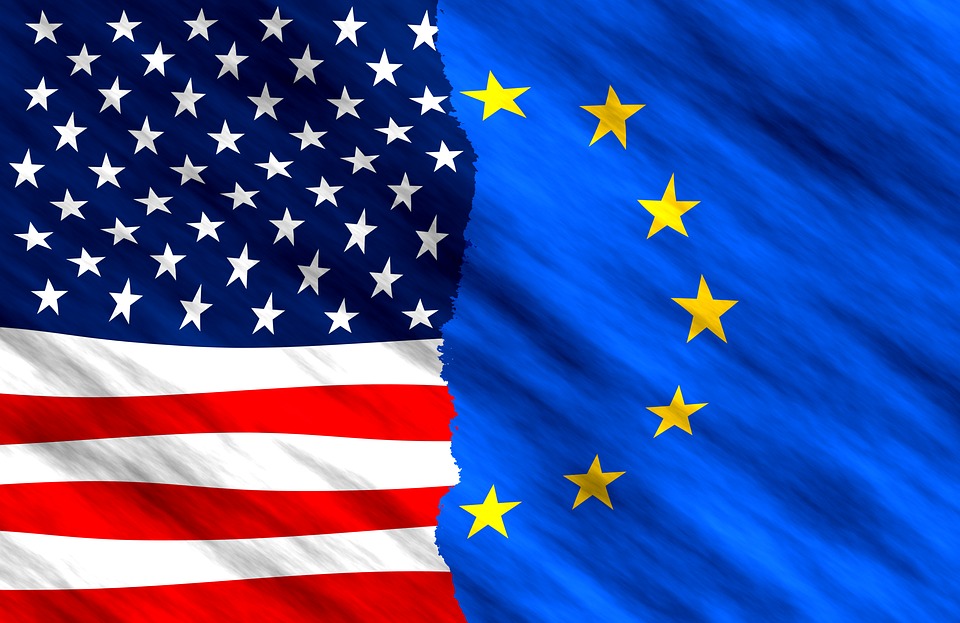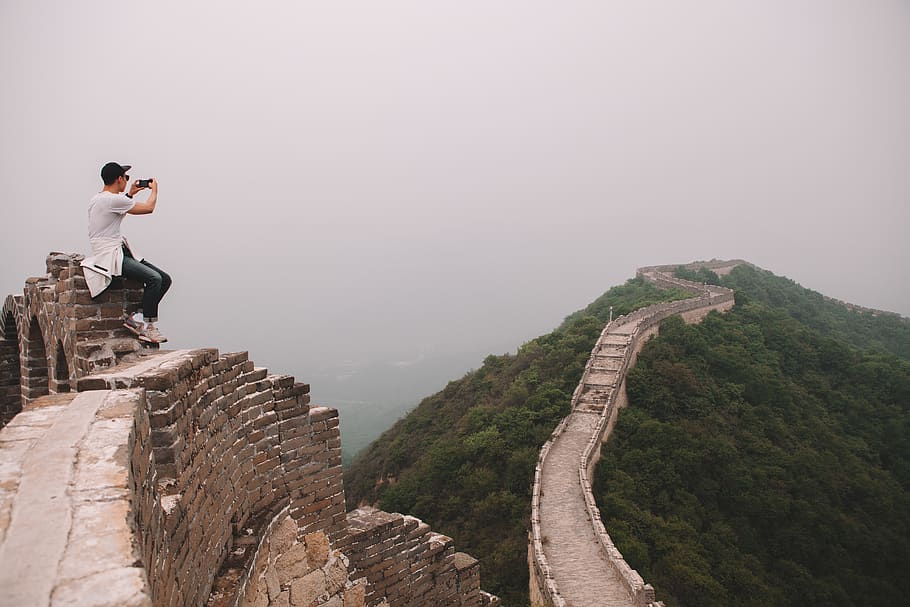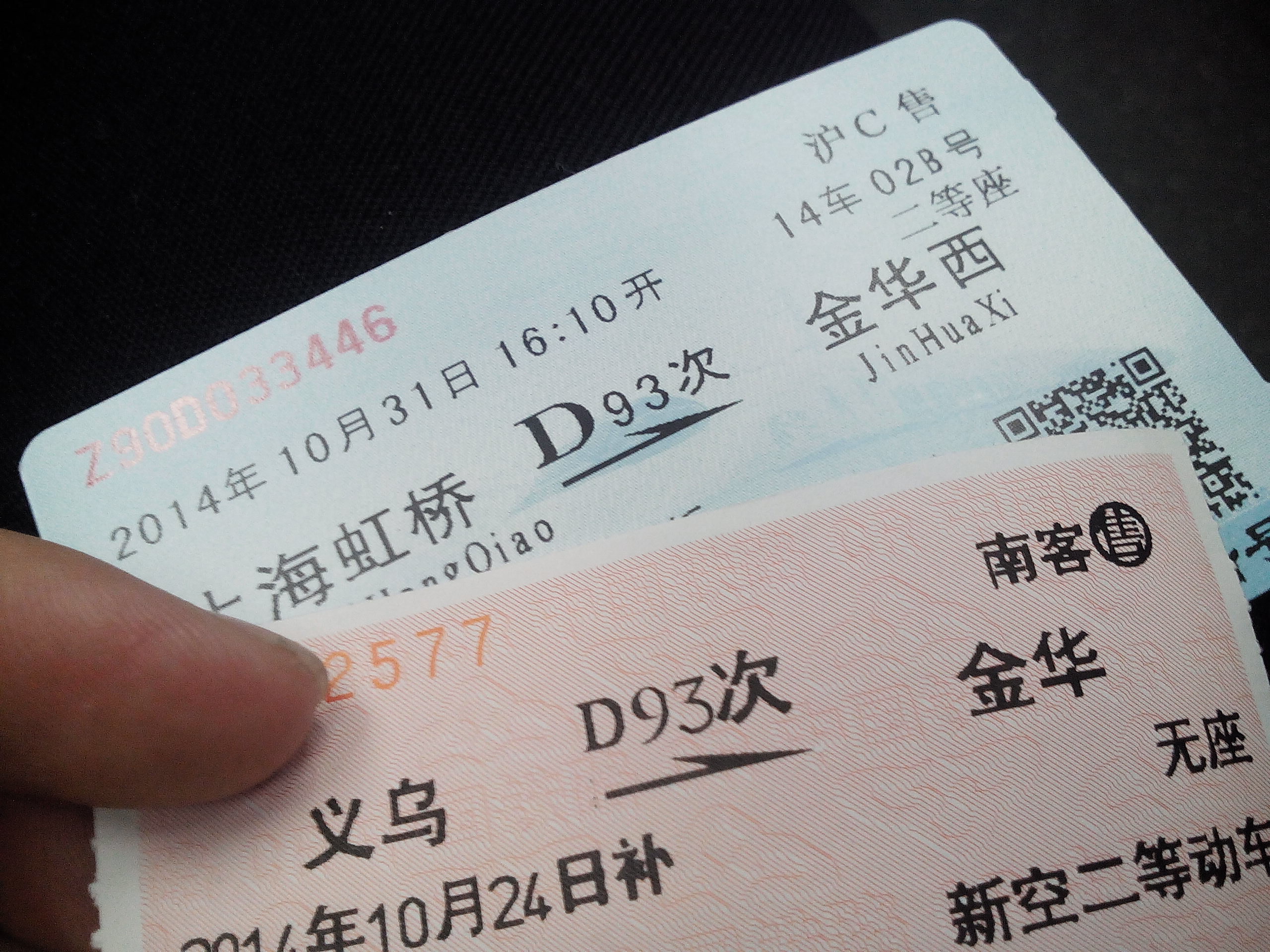Crises can help put things in perspective. They often highlight weaknesses and problem areas with alarming clarity. The Transatlantic relationship is no different. A key feature of the post-war world, it has remained relatively unchanged for over half a century. Yet the Trump presidency has created divisions that few imagined possible a decade ago. The pandemic has further widened and spot-lighted the cracks in this fundamental alliance. I recently attended an event hosted by the Brookings Institute. A variety of experts from both sides of the pond were invited to speak on how and where Transatlantic relations may be rebuilt.
As with all struggling relationships, both parties have erred. Trump’s devil-may-care approach sits poorly with a union that is built on the need for constant compromise between 27 member states. However, America’s concerns regarding defense spending, the digital economy and most of all China, are real issues on which cooperation would benefit both sides. More than one expert at this event agreed that a win for Joe Biden in the upcoming US presidential elections would clearly impact Transatlantic relations. However, Fiona Hill, senior fellow at Brookings, points out that no matter who is sitting in the White House come January next year, it will be impossible to put the clock back to the old Cold War framework that defined Transatlantic relations for over half a century. ‘We are in a whole new era, that is different even from the 1990s or even the 2010s’ she says.
What happened?
The issue of defense spending has been a sore point for decades. The US accounts for nearly 70% of total NATO defense spending. In terms of GDP, the US spent approximately 3.4% on defense while the average for European NATO countries was 1.55%. Germany, France and Italy all spend less than 2% of their GDP on defense spending. Last week, Germany received formal notification from the US that it would withdraw 9500 American troops stationed there. The news was greeted with mixed responses. Trump pointed out that there would still be 35 000 American troops stationed in Germany, the highest number in Europe. But it is the manner in which the decision was reached and relayed to German officials that highlights once more, the damage caused by a consistent lack of diplomacy from the current US administration.
Ivan Krastev, founding member of the European Council on Foreign Relations and chairman of the Centre for Liberal Strategies in Sofia, notes sagely that Transatlantic relations are complex. Some European leaders, like Hungary’s Victor Orban are betting on Trump’s re-election. While for a country like Germany, the election of Democrat, Joe Biden, could put them in an awkward position with regards to China.
Germany is China’s biggest trading partner in Europe and has been reluctant to criticize the superpower for human rights violations. This includes issues like the Uighur Muslim detention camps and the ongoing pro-democracy protests in Hong Kong. Amanda Sloat, Robert Bosch senior fellow at Brookings, points out that China is going to remain a difficult issue for Transatlantic relations, irrespective of who is in the White House. The Democrat’s are not expected to significantly alter the US position on China, although they might change their rhetoric.
Greater commitment to the multilateral order is important for Europe.
From the European side, Célia Belin, visiting fellow in the Center on the United States and Europe at Brookings and previously an advisor on US affairs in the French foreign ministry, highlights the need for a coordinated global approach to the pandemic, particularly in the development and distribution of a vaccine. This raises the issue of American funding of the World Health Organisation (WHO) and other multilateral institutions such as the World Trade Organisation (WTO) and the International Criminal Court (ICC). The latter has recently come under some pressure from the US. Belin argues that for Europe, continued US support for these long-standing, if imperfect institutions, is fundamental. A commitment to uphold the world order that Europe and the US set up at the end of World War II, one that outlasts a single administration, is missing from the Trump administration.
These concerns are real. Fiona Hill notes that US withdrawal from such international institutions often results in their decline. No other power has shown the same willingness to step in and fill the gap. Nevertheless, Molly Montgomery, non-resident fellow at Brookings Institution, points out that this European Commission shows more geopolitical ambition than previous ones have done. This can be seen most clearly in its stance on regulation of the digital economy. Tax issues in particular pose a problem for Transatlantic relations as the EU prepares to take on the likes of Facebook and Amazon. Montgomery warns of ‘a real fight between US tech giants and the EU’ in the future.
‘Stop China from eating free nations from the inside’ – Victoria Nuland
Former Assistant Secretary of State for European and Eurasian Affairs at the US Department of State, Victoria Nuland, suggests that the US and the EU work together to protect a digital economy that supports free nations. She also highlights the need for cooperation, to stop China from ‘eating free nations from the inside’. Here she references aggressive Chinese take overs that are then used to leverage political influence. Montgomery agrees that Transatlantic relations are at their best when the focus is on common values and a shared goal. Both agree that the shared goal should be China. Montgomery suggests that a common approach to this overarching issue could provide an umbrella that will incentivize the US and the EU to find solutions on a range of other thorny issues including tax, the digital economy and even the environment.
‘Europeans have been on an extended vacation from geopolitics’ – Mark Leonard
Celia Belin also agrees that climate change, trade, health security and China all provide areas of cooperation for these two global powers. Mark Leonard, Co-founder and Director of the European Council on Foreign Relations, argues that Europe has been ‘on an extended vacation from geopolitics for many years.’ This has made them bad partners for the US, during the good times. Now in the bad times, Europe has been forced to take more responsibility for its own affairs. This might, in turn, make the United States a more willing partner. A joint recognition that the world is a much less benign place for liberal values should and could help improve Transatlantic relations going forward.





